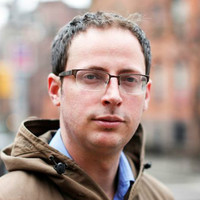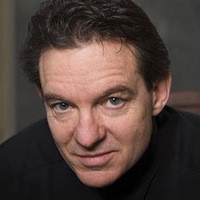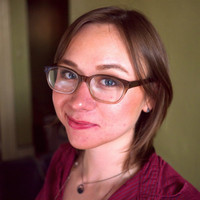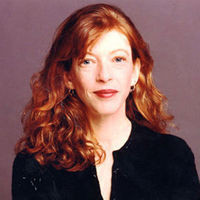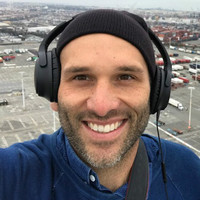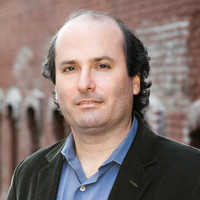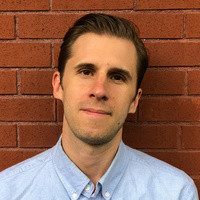Bob Dole
The Republican candidate works a room, as excerpted from Richard Ben Cramer’s biography of the senator:
No one can do that day after day, week after week, for years ... without some rock-hard certainty that can't be milled away by nonsense and stress. He has to know: Why him? And: Why now? ... He has to know that he is The One. And if he's strong enough to keep going-if he's able, smart, and lucky-then, he'll get to the final twist in the road, when things catch fire, he can see how his words make the people feel, he can feel how those words now matter to him. He can make all the difference just by walking into a room. There are thousands of people -- and they want him. He and his campaign fill the lives of people who are almost strangers, and he takes over the life of everyone dear to him. He has to, it's all right -- because it's that important. Now, he knows: Not only should I be President, I am going to be President!

